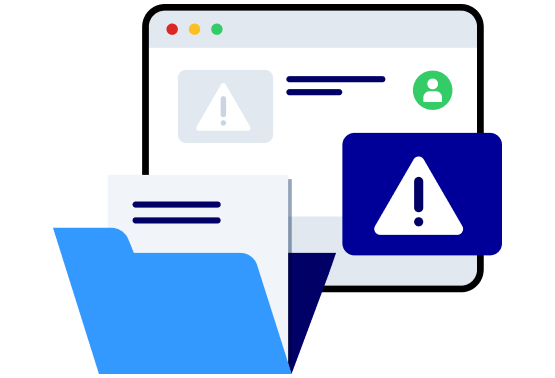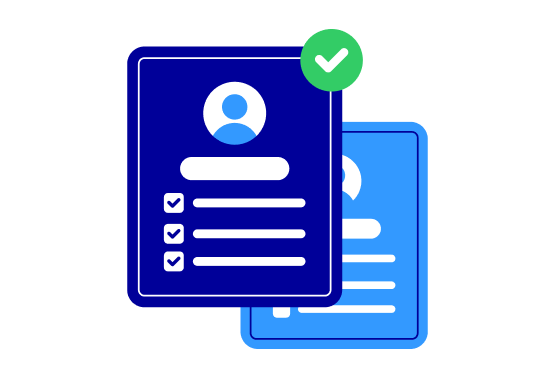Bug Bounty Programme

Bug Bounty Programme

Programme terms and conditions
Please note that your participation in the Bug Bounty Programme is voluntary and subject to the terms and conditions set forth on this page. By submitting a website or product vulnerability to Paysera, you acknowledge that you have read and agreed to the terms and conditions of this Programme.
These Programme term and conditions supplement the terms of any other agreement in which you have entered with Paysera. In the event of any inconsistency between the terms of the Paysera Agreements and these Programme terms and conditions, the latter shall prevail solely with respect to the Bug Bounty Programme.

Security issue reporting guidelines
If you think you have found a security vulnerability in Paysera, please report it to us by email [email protected]. Please include detailed steps to reproduce the issue and a brief description of its potential impact. We encourage responsible disclosure (as described below) and commit to investigating all legitimate reports promptly, addressing any confirmed issues as soon as possible.

Services in scope
Any Paysera service that processes reasonably sensitive user data is considered in scope. This includes, but is not limited to, virtually all content under the following domains: *.paysera.com.
Responsible disclosure policy
The security of user funds, data, and communications is a top priority at Paysera. To encourage responsible disclosure, we will not take legal action against researchers who identify vulnerabilities, provided they adhere to responsible disclosure principles, which include, but are not limited to, the following:





In researching vulnerabilities on the website of Paysera, it is strictly forbidden to:



If you do not comply with these principles, Paysera may restrict your account, block your IP address, and take other legal actions.
We invite you to work together with Paysera developers in reproducing, diagnosing, and fixing the issue. We use the following guidelines to determine the eligibility of requests and the amount of reward.


Eligibility
A person is not eligible to participate in the Bug Bounty Programme if they:



Amount of reward
Rewards are granted based on the severity of the security vulnerability. The more significant the vulnerability, the higher the reward for reporting it. Vulnerabilities that could lead to financial loss or compromise data security are considered particularly critical.
A smaller reward is given for vulnerabilities that do not cause the following results:





To be eligible for a reward, a security vulnerability must meet the following criteria:


If multiple individuals report the same security vulnerability at the same time, the reward will be divided proportionally among them.
A higher reward may be granted in the following cases:


If a report meets all the Programme requirements, bounty payments will be determined by Paysera, in Paysera’s sole discretion. In no event shall Paysera be obligated to pay a bounty for reports that fall outside the scope of the Bug Bounty Programme. All bounty payments can be made only in euros to an identified Paysera account. The reward may also be transferred to Greenpeace, the Red Cross or Caritas organizations at the researcher’s request. Payments via cryptocurrency or other payment systems not mentioned on this page are not supported.
When determining the reward amount, Paysera evaluates the risk posed by the security vulnerability and the potential impact it may have.

Examples of vulnerabilities

Examples of qualifying vulnerabilities
Paysera reserves the right to decide if the minimum severity qualification threshold is met and whether it was already reported.
-
Authentication bypass or privilege escalation.
-
„Clickjacking (when a user is tricked into clicking on hidden or disguised elements of a webpage).
-
„Cross-site scripting (XSS) (a vulnerability that allows the injection of additional code into a webpage viewed by users)
-
Cross-site request forgery (CSRF/XSRF)
-
Mixed-content scripts
-
Server-side code execution
-
User data breach
-
Remote code execution

Examples of non-qualifying vulnerabilities
Reporting the following vulnerabilities is appreciated but will not lead to systematic reward from Paysera:
-
Denial of Service (DoS) vulnerability or issues related to rate-limiting.
-
Possibilities to send malicious links to people you know.
-
Security bugs in third-party websites that integrate with Paysera API.
-
Vulnerabilities related to third-party software (e.g. Java, plugins, extensions) or website unless they lead to vulnerability on Paysera website.
-
Spam (including issues related to SPF/DKIM/DMARC).
-
Usability issues, forms autocomplete.
-
Insecure settings in non-sensitive cookies.
-
Browser cache vulnerabilities.
-
Vulnerabilities (including XSS) that require a potential victim to install non-standard software or otherwise take very unlikely active steps to make themselves be susceptible.
-
Non-technical attacks such as social engineering, phishing, or physical attacks against our employees, users, or infrastructure.
-
Vulnerabilities (including XSS) that affect only legacy browser/plugins.
-
„Self-XSS (when a user accidentally installs malicious code on their own website).
-
CSRF for non-significant actions (logout, etc.).
-
„Clickjacking attacks without a documented series of clicks that produce a vulnerability.
-
Content injection, such as reflected text or HTML tags.
-
Missing HTTP headers, except as where their absence fails to mitigate an existing attack.
-
Authentication bypasses that require access to software/hardware.
-
Vulnerabilities that require access to passwords, tokens, or the local system (e.g. session fixation).
-
Assumed vulnerabilities based upon version numbers only.
-
Bugs requiring exceedingly unlikely user interaction.
-
Disclosure of public information and information that does not present significant risk.
-
Scripting or other automation and brute forcing of intended functionality.
-
Requests violating same-origin policy without concrete attack scenario (for example, when using CORS, and cookies are not used in performing authentication or they are not sent with requests).

Required information
When submitting information about a security vulnerability, please provide:








Failure to include any of the required elements may result in the bounty payment being withheld or delayed.
Report any vulnerabilities to us by email [email protected].

Note!
Rewards cannot be granted to sanctioned individuals or to citizens of countries on the sanctions list (Cuba, Iran, North Korea, Sudan, Syria). You are responsible for any taxes applicable based on your country of residence and citizenship. Local laws may impose additional restrictions that could prevent you from participating in the Programme.
This Programme is not a competition, but rather an experimental and discretionary reward initiative. Please note that Paysera may terminate the Programme at any time.